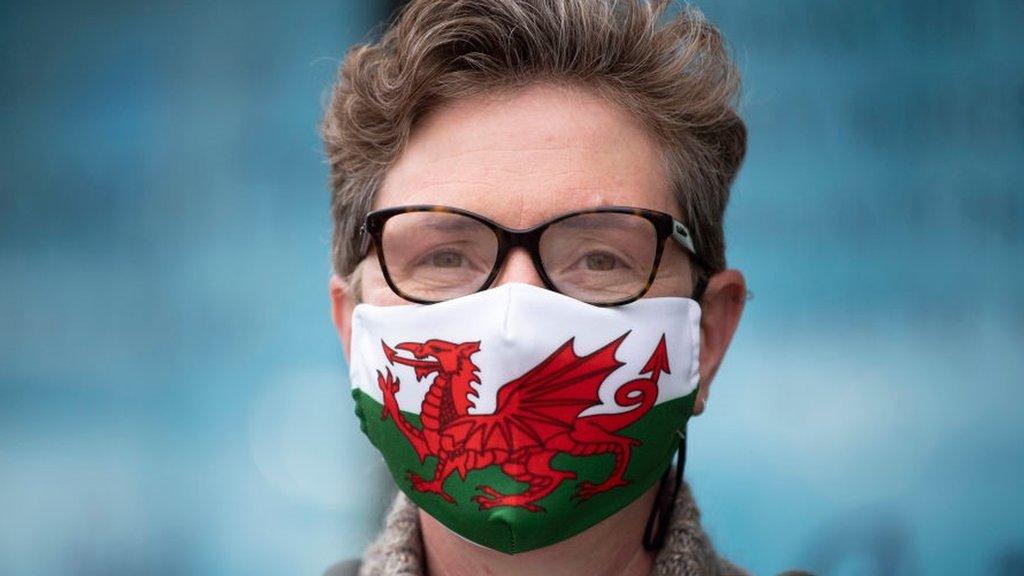Covid: Welsh ministers under pressure to set freedom date
- Published

Social distancing rules may be scrapped in England on 19 July, but what about Wales?
It is "difficult to see" how Wales can avoid setting a date for ending Covid restrictions now England and Scotland have set so-called freedom days.
Wales' former chief medical officer said it was a "big dilemma" for the Welsh government who will outline the next lockdown easing next week.
Dame Deirdre Hine said low case rates and high vaccination rates makes Wales "better placed to make that decision."
The Welsh government said it was taking a "cautious approach" to ending rules.
Governments in England and Scotland have outlined when Covid lockdown restrictions will end while full vaccinated UK residents arriving in England from amber travel list destinations will not have to quarantine from 19 July.
Wales is considering following England's lead on travel from amber countries but the Welsh government has not said when Covid rules - like legally wearing a face mask and social distancing rules - will be scrapped here in Wales.
Ministers in Wales have previously said their approach to reopening will not be "driven by artificial dates".
Dame Deirdre said the plan to end restrictions in England on 19 July was "a big gamble" for the UK government and also a "big dilemma" for the Welsh government.
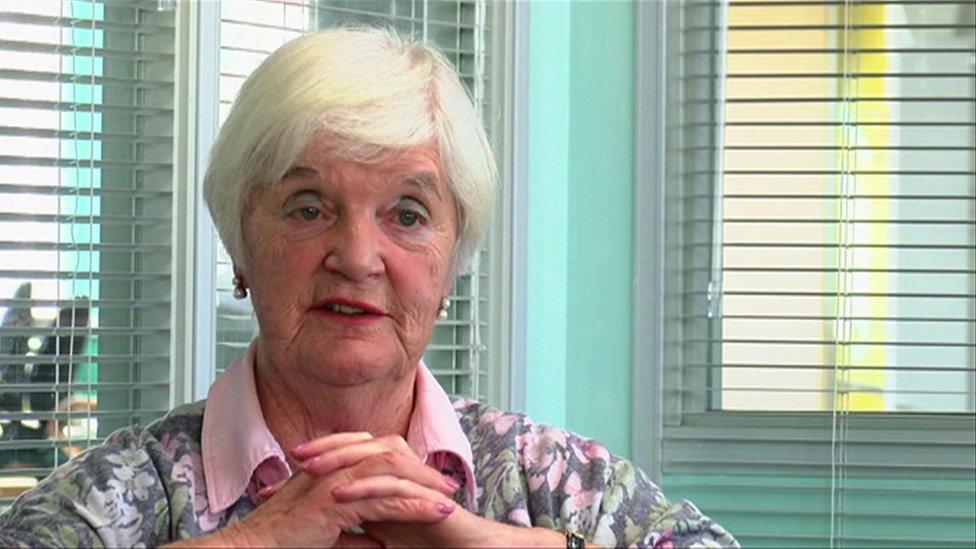
Dame Deirdre Hine has previously criticised the lack of preparation for such a pandemic despite years of warnings
"They will of course come under pressure to set a date and it's difficult in some ways to see how they can get away, if you like, without setting a date," Dame Deirdre told the BBC's Politics Wales programme.
"Our vaccinations rates are higher, the rate of infection is spreading not as high as parts of England, so arguably they are better placed to make that decision.
"And that in itself will be a form of pressure on them."
However, Dame Deirdre added that she had confidence that the Welsh government would not abandon its "consistently cautious" approach.
The UK government's plan for England includes ending the legal requirement to wear a face covering in some settings.
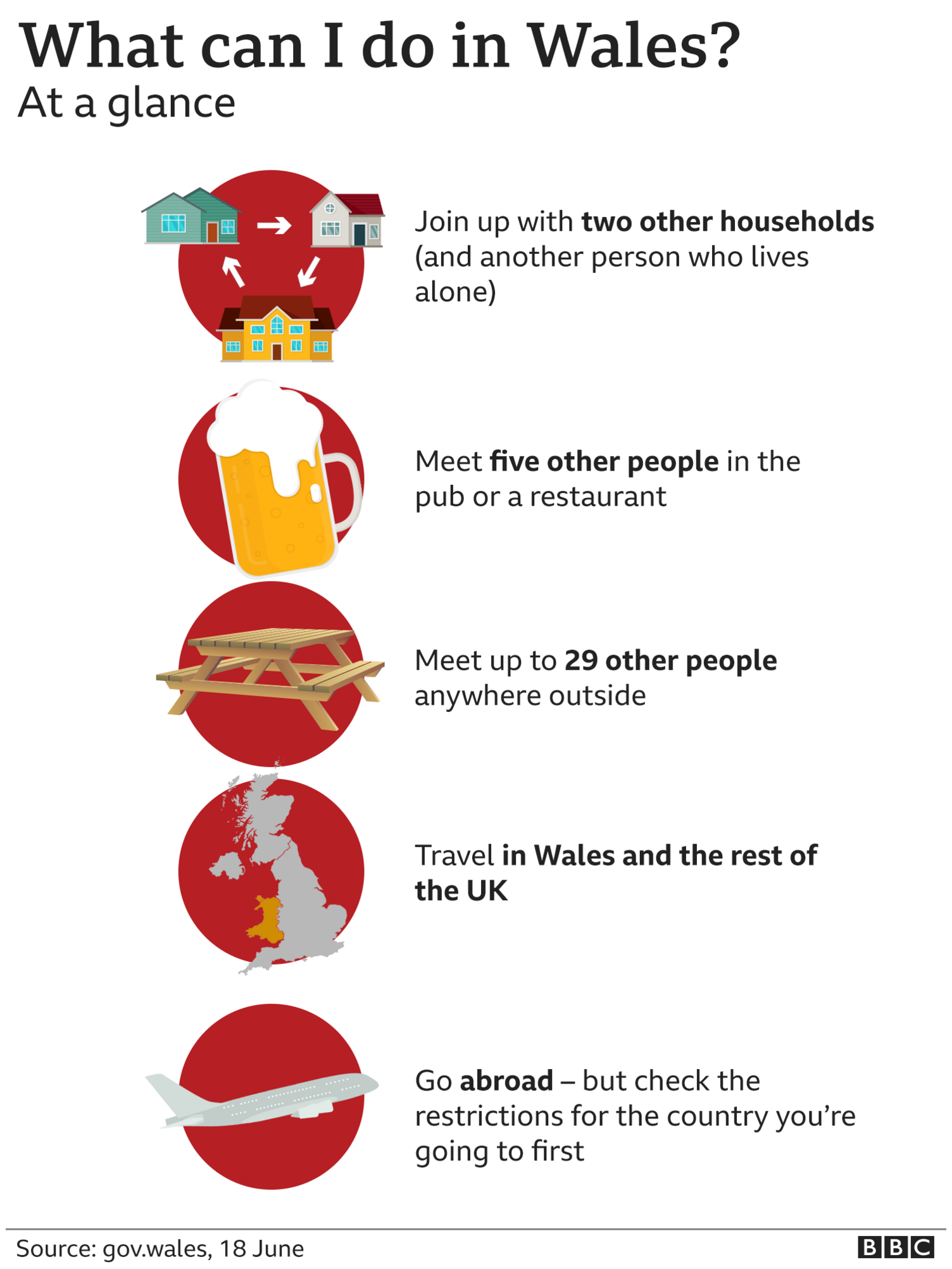

Dame Deirdre said that was an "unnecessary risk", and recommended the use of face coverings on public transport and in shops should remain mandatory.
"I don't think, with the best will in the world, you can rely on people to take their own judgement on this," she added.
Dame Deirdre, who is regarded as one of Wales' leading medical experts, also warned it would take "a lot of time" to return to normality and that "there will, in time, come to be an acceptable level of deaths" from Covid.
Following renewed calls from opposition parties and a number of doctors for a Wales-only inquiry into the pandemic, she said such a review "would be a mistake" as it would not be possible to "disentangle the Welsh response from that of the rest of the UK".
She added, however, that there was now was a need for an early review into the pandemic "to give some pointers as to how we should be looking ahead".
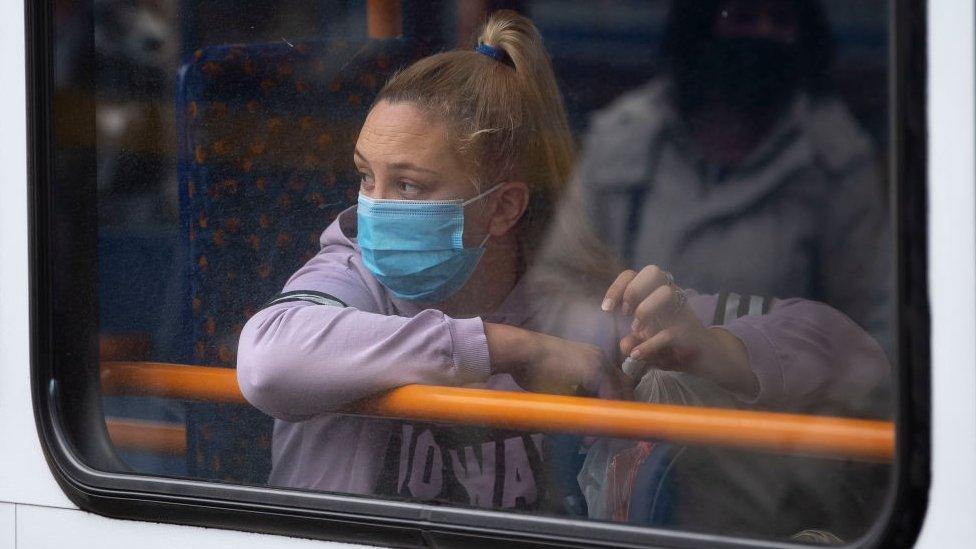
Dame Deirdre believes people should still cover their faces on public transport
"There will be another pandemic of some sort...we do need to be prepared for that," said Dame Deirdre, who also established the Welsh breast cancer screening programme.
A past president of the British Medical Association and Royal Society of Medicine, Dame Deirdre also oversaw the official inquiry into the 2009 UK swine flu pandemic.
Last October, she accused successive governments of having failed to prepare for such a pandemic despite being warned for years of the risks.
A Welsh government spokesperson said: "We are continuing to take a cautious approach to unlocking restrictions in Wales in order to keep people as safe as possible.
"As a result of this approach and the efforts of everyone in Wales, we have the lowest rates of coronavirus in the UK. We also have one of the highest rates of vaccination in the world - with more than 70% of adults in Wales now fully vaccinated.
"The first minister will confirm the outcome of the latest review of restrictions next Wednesday."
Politics Wales is on BBC One Wales at 10:00 BST on Sunday - and catch-up later on BBC iPlayer
- Published27 May 2022

- Published5 July 2021
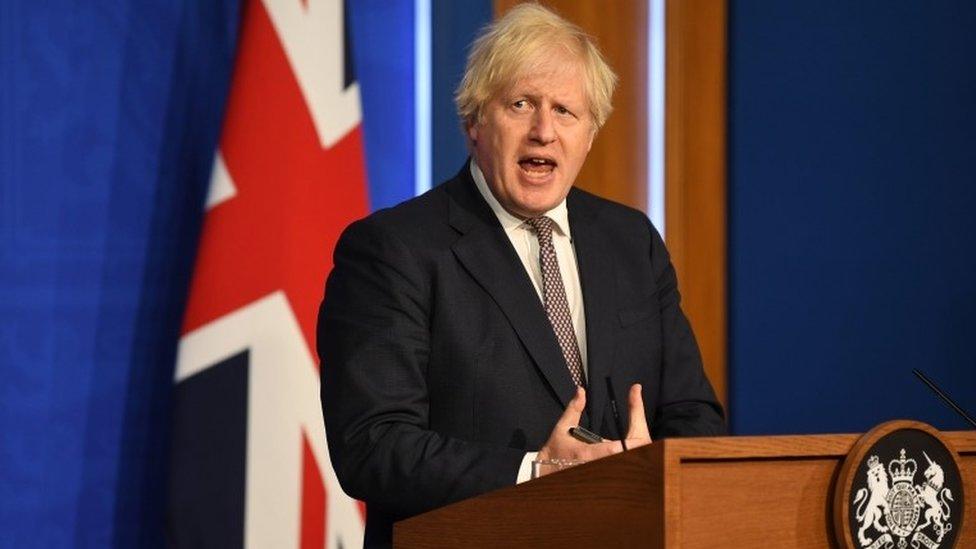
- Published6 July 2021
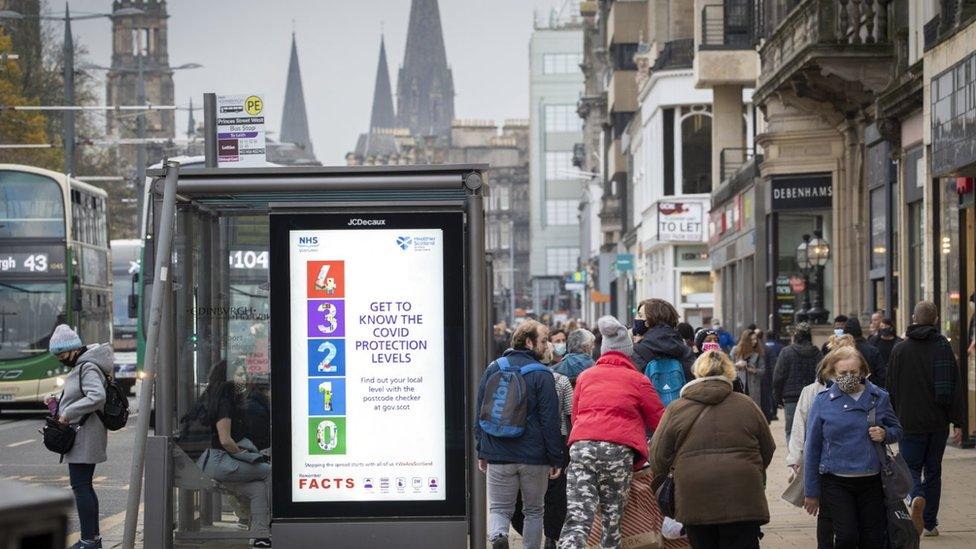
- Published6 July 2021
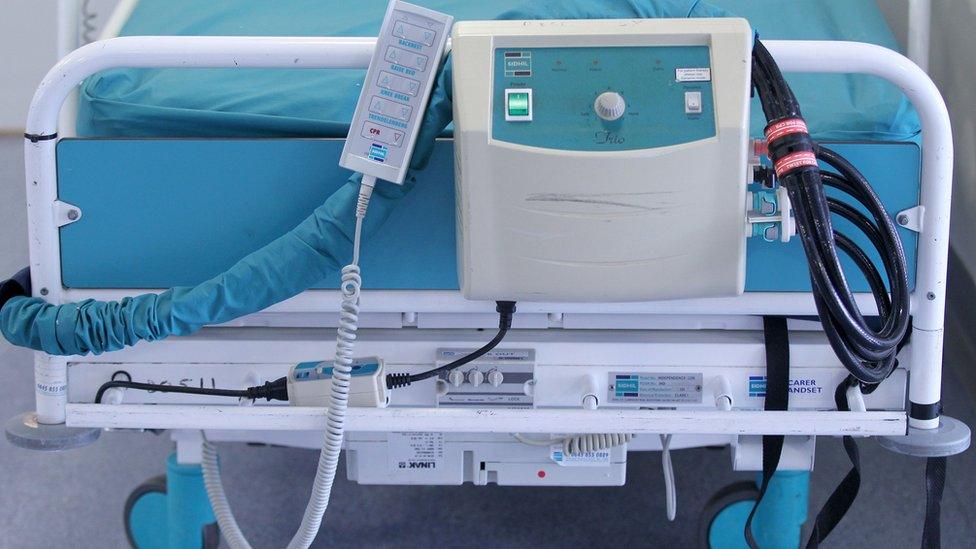
- Published23 September 2020
